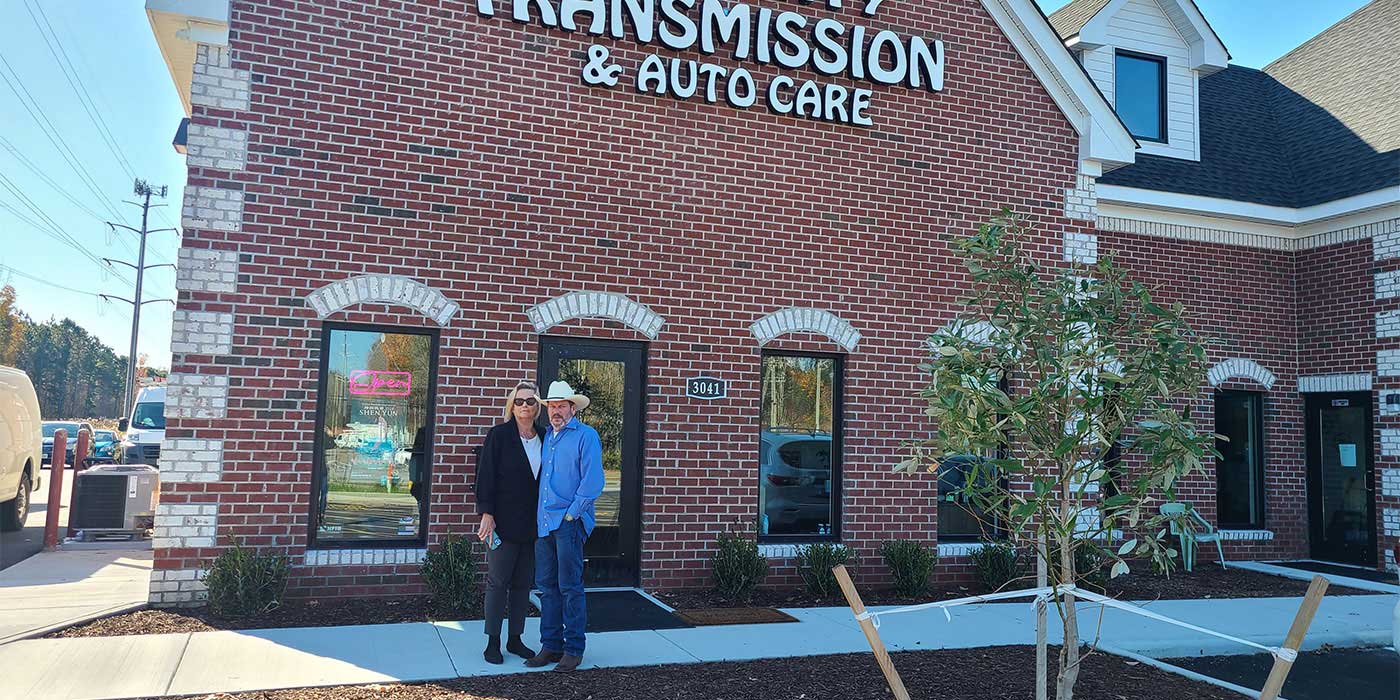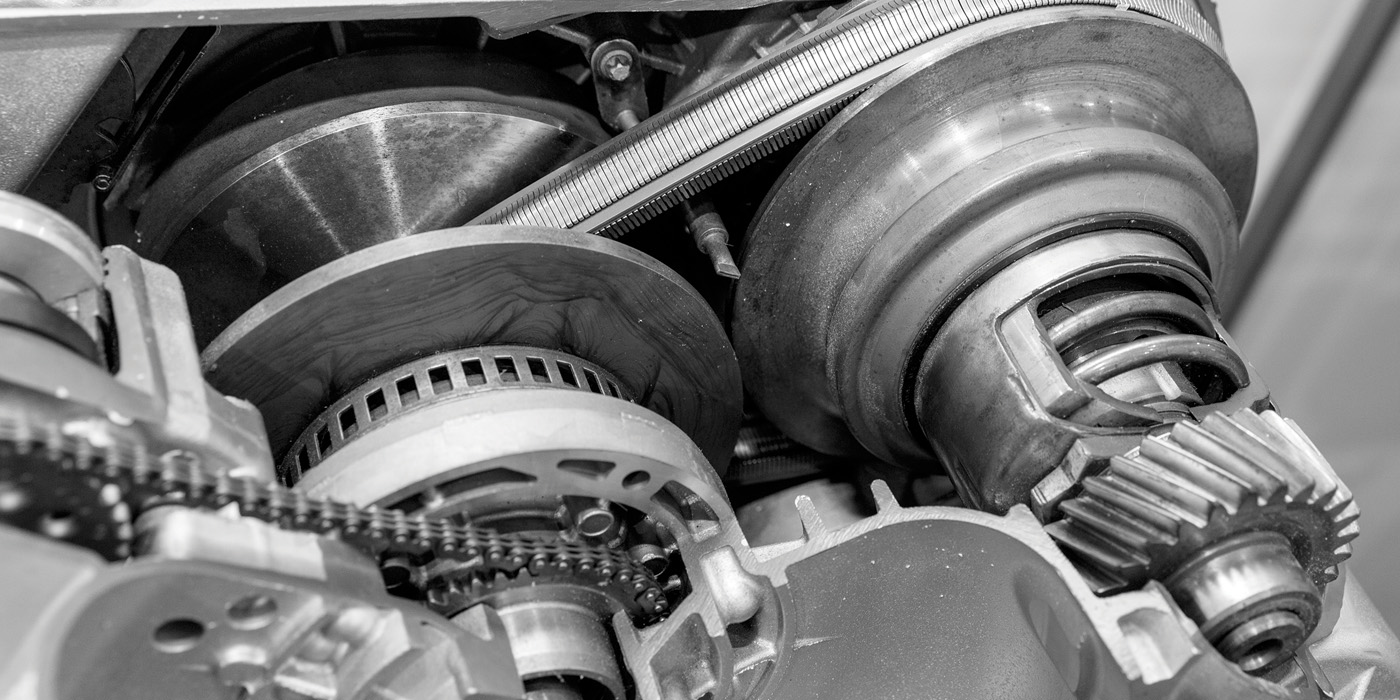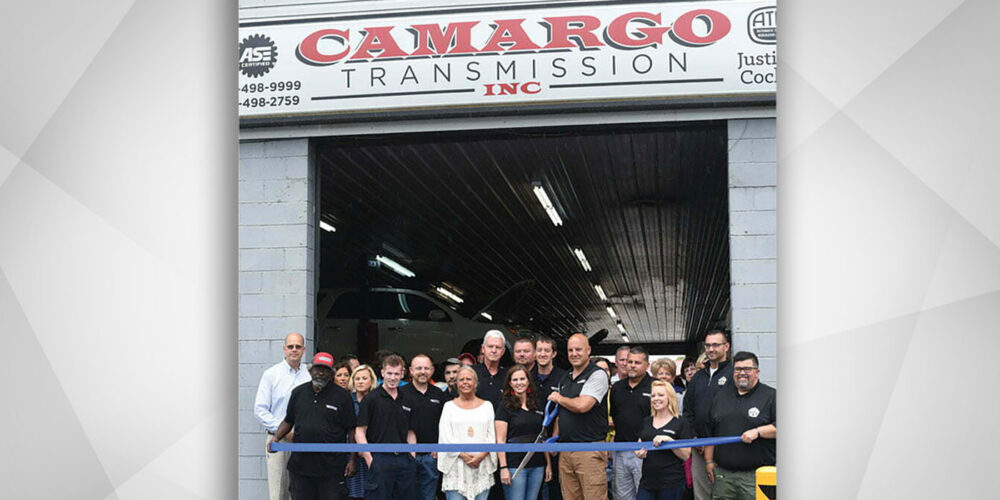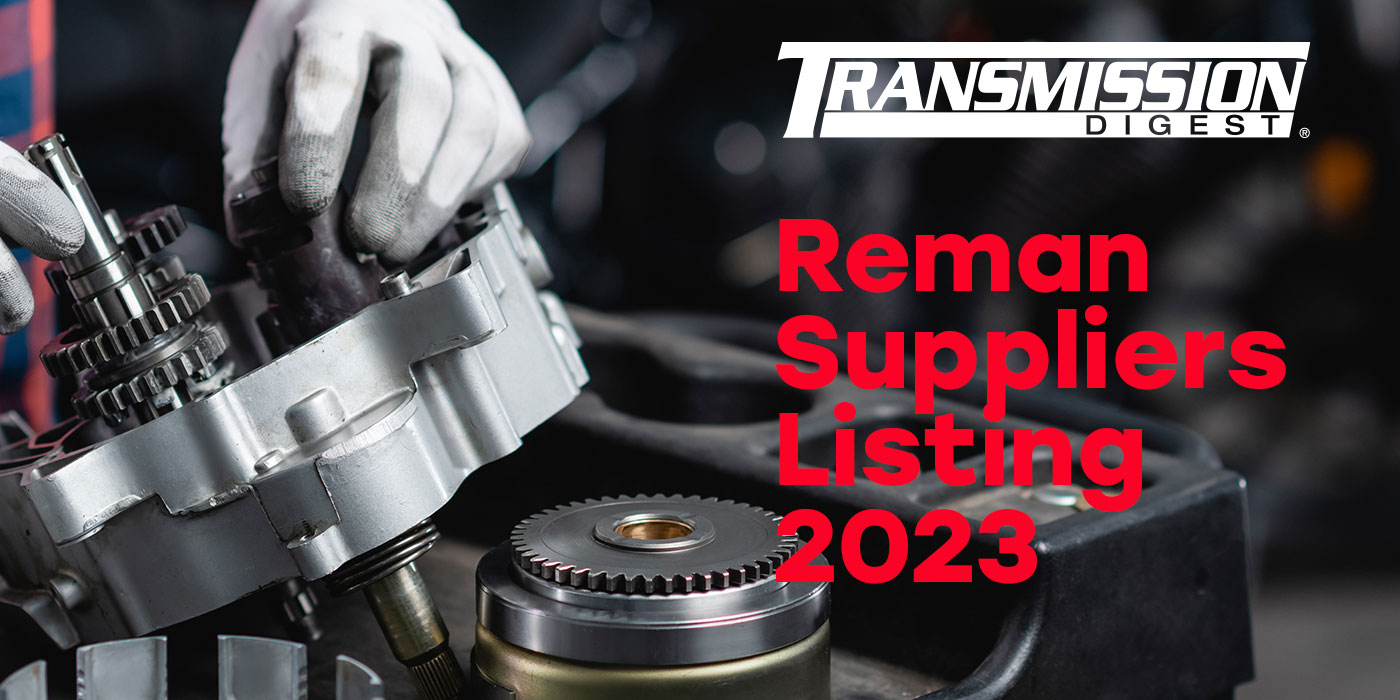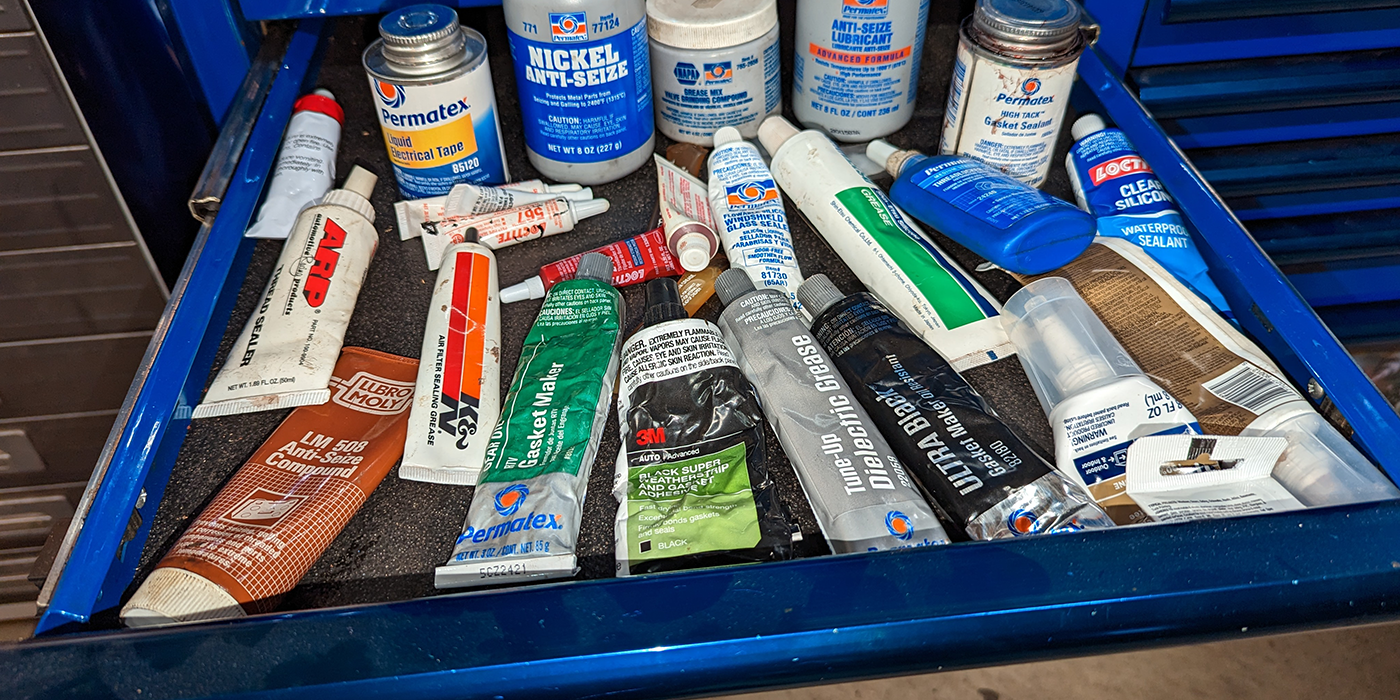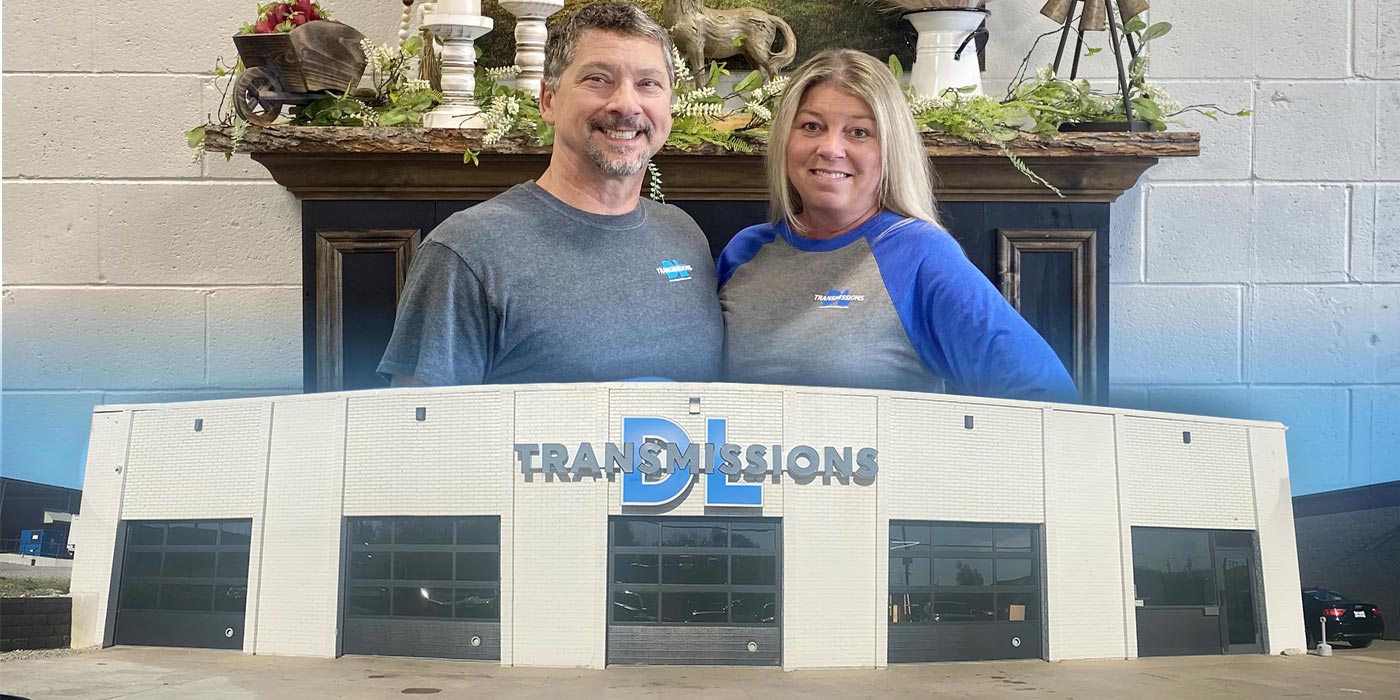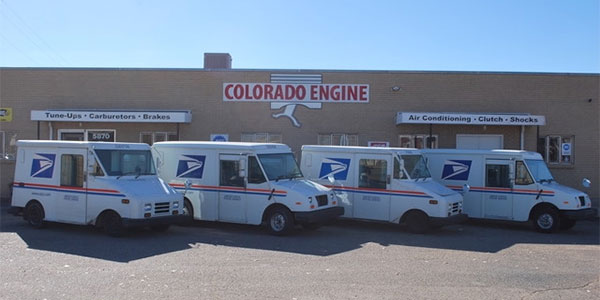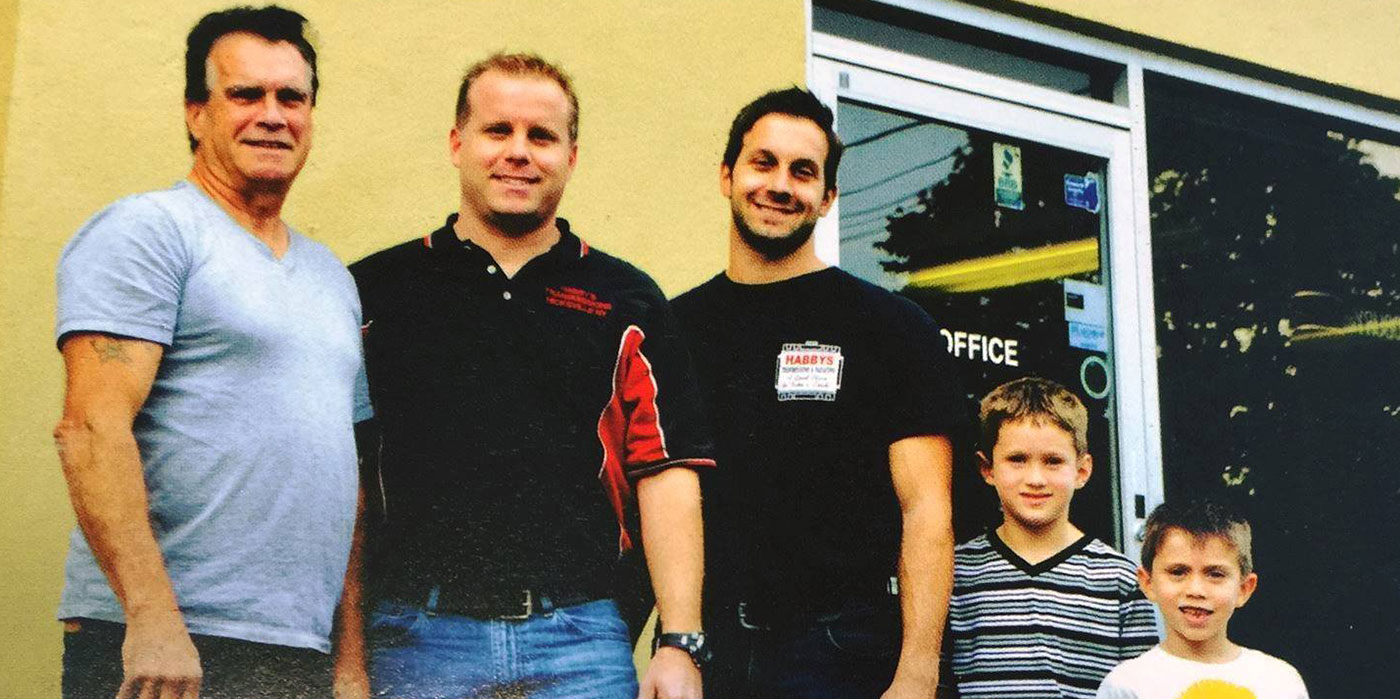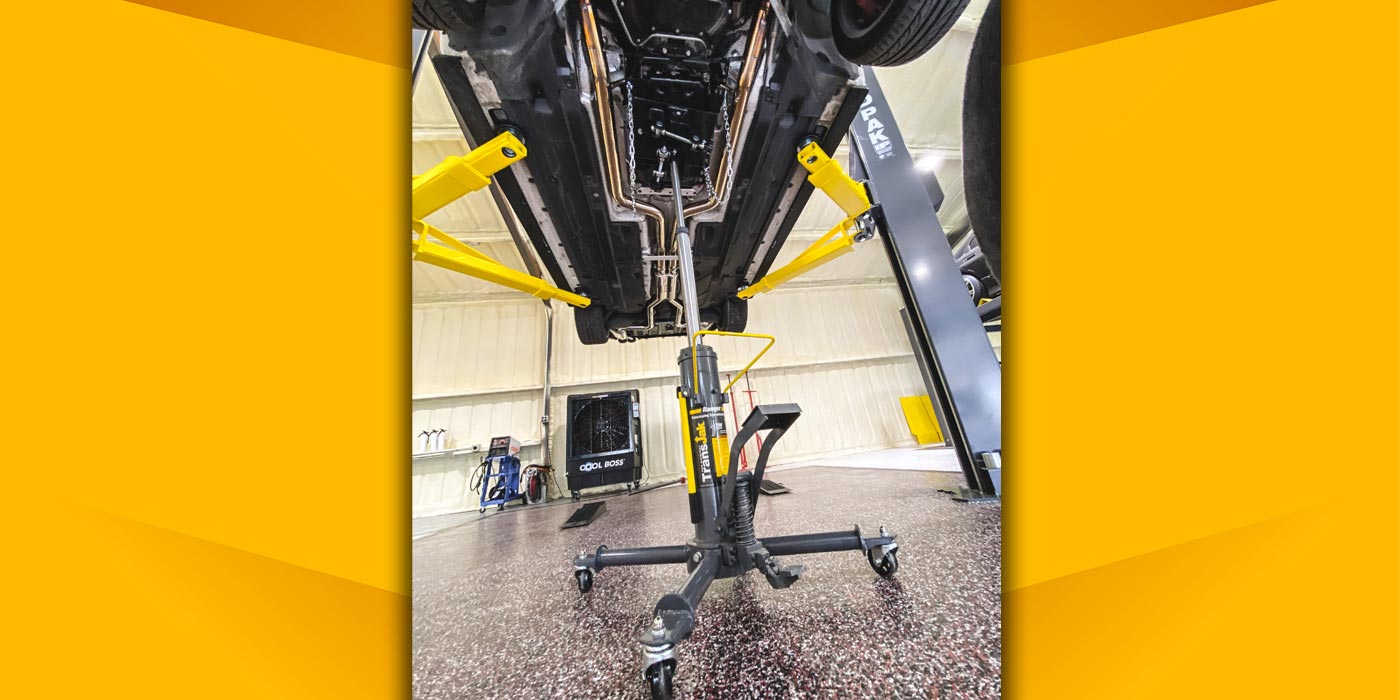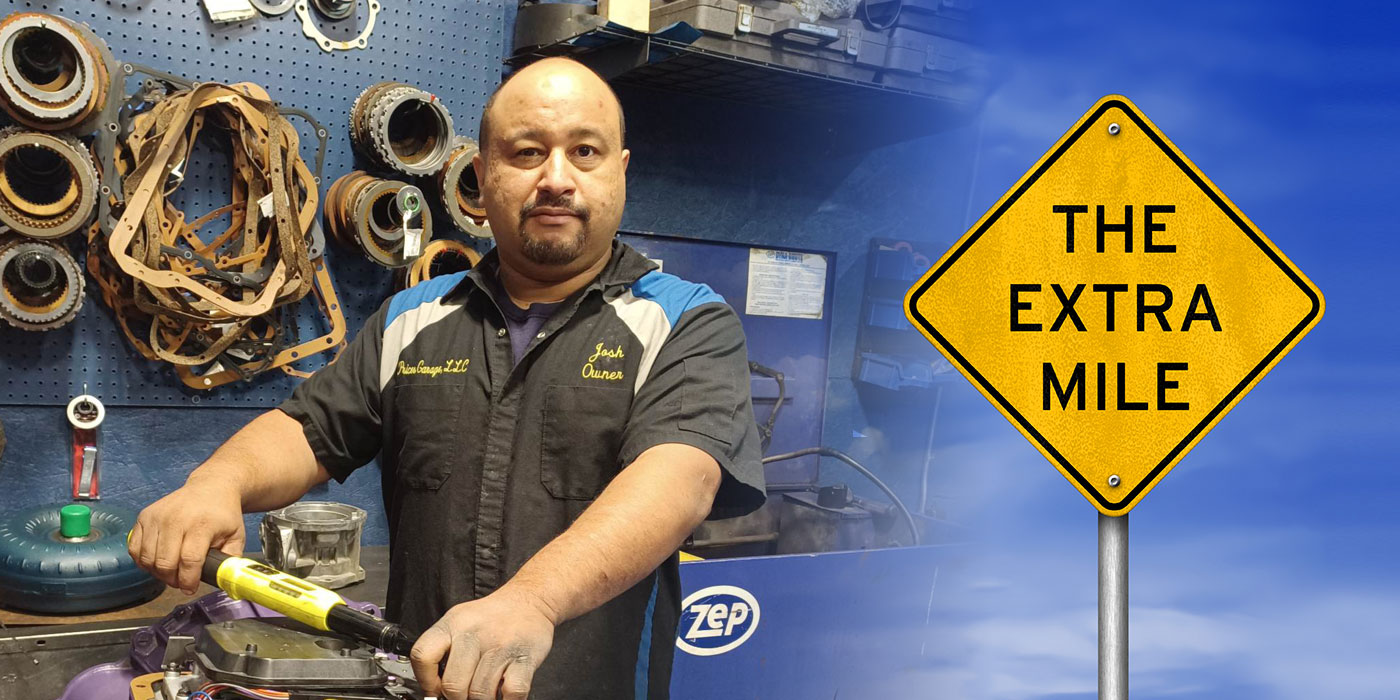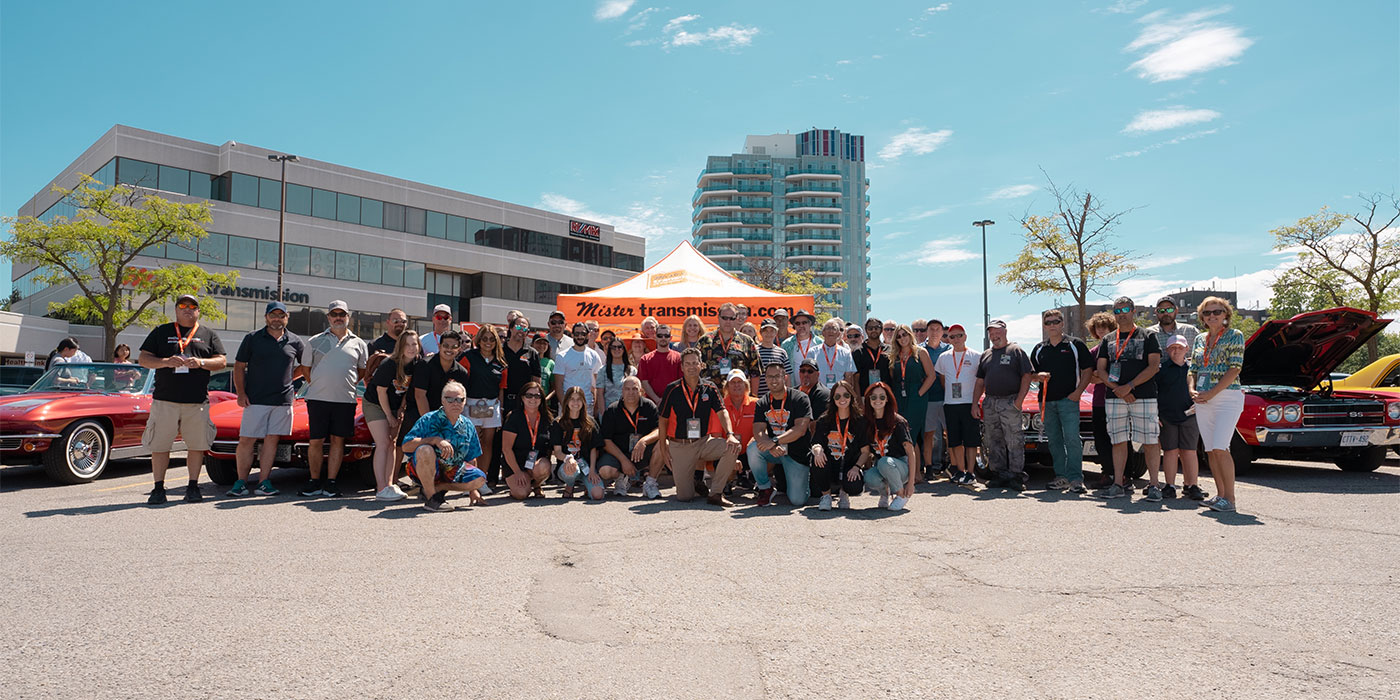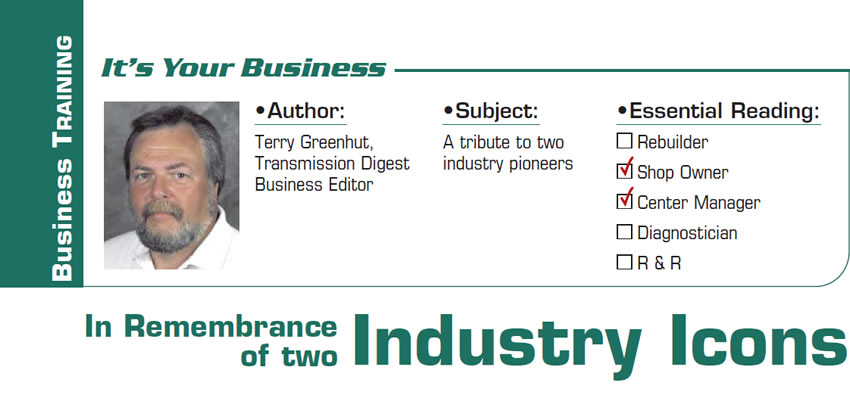
It’s Your Business
- Subject: A tribute to two industry pioneers
- Essential Reading: Shop Owner, Center Manager
- Author: Terry Greenhut, Transmission Digest Business Editor
Our industry has matured to the point where some of its pioneers have taken leave of it and of us. They’ve moved on from this world to one that will hopefully know of and appreciate the efforts they put forth while they were here.
Bob Cherrnay, the original technical director of ATRA (Automatic Transmission Rebuilders Association) and the founder of ATSG (Automatic Transmission Service Group), passed away last year. His contribution to the transmission industry was enormous. He was one of the few who made all the inroads with the vehicle manufacturers that allowed the rest of us to get the technical information we needed but had been denied access to. He sorted it out, created technical bulletins and manuals from it, and toured the U.S. and Canada for almost three decades teaching it to technicians.
Keep in mind that when Bob began to assemble manuals, bulletins and slide presentations back in the 1970s there were no such things as personal computers or digital cameras. Everything was true cut and paste. He would take pictures of parts, have them developed, cut them to size and paste them – along with the text he produced on an old IBM Selectric typewriter – onto backing paper to be sent to a shop for printing and binding. The process was endless, because every year he would have to develop a new seminar workbook for his road show and manuals for the new transmissions being developed.
Bob’s philosophy was simple. He believed that if you were going to do a job you should do it right. That meant having all the right tools, equipment and training. He had very little tolerance for those who wouldn’t invest the minimal amount necessary to attend a seminar or be willing to give up any of their personal time to better learn how to ply their trade.
Bob wrote the Management Operations Bulletins for ATRA for a couple of years because he, like me, was very unhappy that there were so many technician/shop owners who were trying to do right by their customers but were making hardly any money for their efforts. As the tech seminars grew Bob had less and less time to write. Because we were working together at ATRA and knowing that I had taught myself how to run a profitable shop, Bob asked whether I would take over authoring the bulletins. I agreed. The bulletins led to my first book, which led to my three decades on the road doing sales and management training for the transmission and general auto-repair industries.
Bob and I became great friends over the years. It all grew from a common bond. It turned out that before our transmission careers we were both police officers, he in Miami and I in New York City. It was the basis for our understanding how each of us felt about honesty and doing right by our customers, our employees and ourselves as business owners.
Bob came from an era in which a wholesale overhaul on a cast-iron Powerglide was a $95 proposition, so it was a little difficult for him to comprehend the bigger numbers we needed to start getting for the work we were doing in the ’80s and ’90s. I though his seminars were underpriced as well. They had big value, but I remember him charging only $75 for an all-day class that included lunch and coffee breaks.
Although Bob was so highly opinionated (which I guess one has to be to get up in front of audiences and speak) and so much enjoyed arguing politics, I remember having only one disagreement with him. It was when I was developing my original five-day management seminar and he asked me how much I was going to charge for it. When I told him $500 he nearly dropped his teeth. I remember his words as if it were yesterday: “You’re crazy; you’ll never get people in this industry to see that kind of value and pay you that much.” It was the only time I ever remember his being wrong about anything, and I’m so glad he was. In fact, my success prompted him to raise his prices, so his seminars soon became profitable.
Bob Cherrnay was a teacher, a mentor and, most of all, a good friend to the transmission industry and everyone in it, especially me. He is missed.

Mike Lee passed away a couple of weeks ago. I’m still in shock over it. Mike was only two years older than I am, and because we hadn’t been in very close touch over the past few years I was unaware that he had a health problem.
When I met Mike he owned a company called Management Feedback Systems. Many of you know the name because you have his point-of-sale and shop-management software (Super Fred) operating in your shops. I had it in my shops and was very pleased with it. It was originally designed by Mike King, a multishop owner who knew workflow and how a good computer system should follow it. Mike Lee had worked as a manager in one of Mike King’s shops, so he well understood the concept of selling profitable work and how the right computer system can make a huge difference.
I was on my way to Los Angeles to do a five-day seminar for ATRA when I first heard from Mike Lee. He knew that I had the software and told me that a couple of his customers were signed up for my seminar and that he was intrigued by what I was teaching. He then asked whether he could sit in to see whether there was any way we could help each other. Mike showed up for one day and stayed for five. He loved what he heard and believed that the whole industry needed to learn better ways to sell and manage.
As he now knew that I was getting ready to take my seminar on a 40-weekend-a-year North American tour he asked whether he could join me. We could teach the seminars together, demonstrate the software, take people to dinner while closing sales and basically have a heck of good time (or as good as you could have when you had to be away from home 40 weekends a year).
We spent the next eight years on the road together teaching thousands of hard-working transmission and repair-shop owners and service writers how to make a better living. We were proud of what we accomplished and became good friends.
During a time when I wanted to stay closer to home and put more of my energy into running my own transmission business along with playing the new game that Mike and our friend from Santa Barbara, Ben Caswell, taught me to play and got me addicted to (golf), I decided to take a break from the road. Mike went on to develop a consultancy called Management Success in which he continued to teach the industry, and after my break I proceeded to do the same. We went in different directions, though, and except for the occasional golf game didn’t see each other much.
What I will miss and remember most about Mike was his enthusiasm for the industry and the people in it. He showed genuine excitement for whatever it was he was doing. He was a good husband, father, grandfather and friend. He will be sorely missed.
Often I think of my friends and wish I could turn back the clock to the happy and productive times we shared. I know I can’t, but I can enjoy the memories while I look forward to the present and future challenges our industry will offer up, the friends I have now and the people I, and others like me, will continue to help to achieve their successes.

Terry Greenhut, Transmission Digest Business Editor. Visit www.TerryGreenhut.com.

